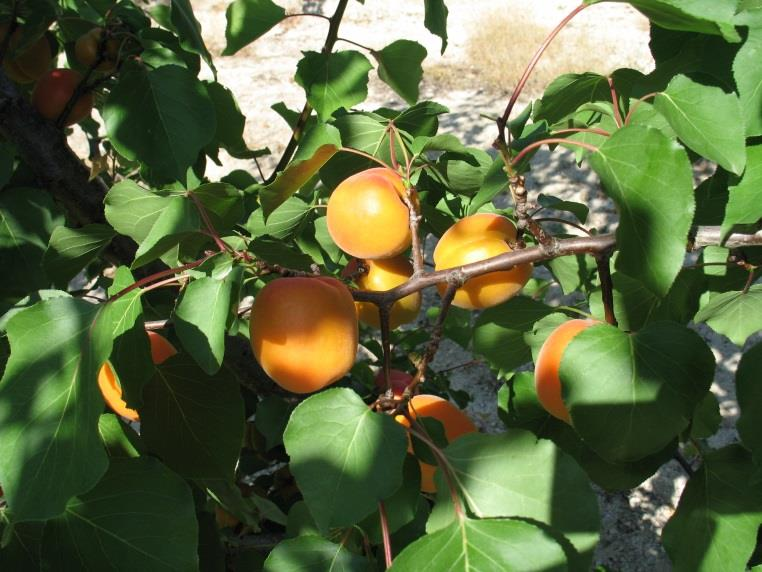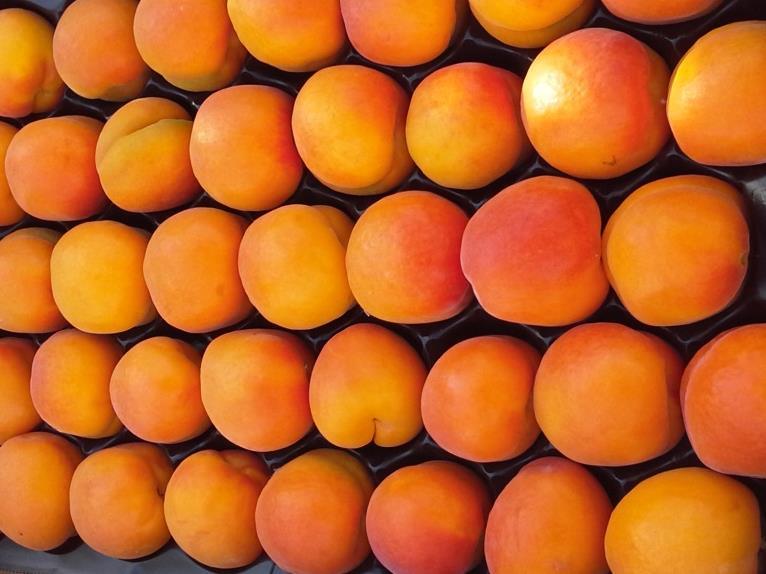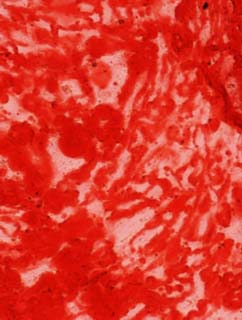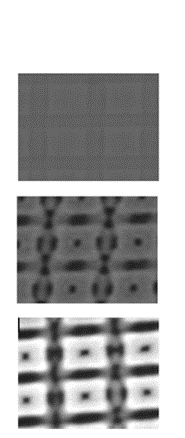Apricot is a stone fruit species with a long history of cultivation in Spain. Nevertheless, traditional varieties that have served remarkably well in past decades are now struggling to respond to new demands, both relative to cultivation and the market. The spread of the sharka virus (Plum pox virus) in production areas among trees that are not resistant as well as the demand for fruit with characteristics that traditional varieties do not possess have increased efforts to develop new varieties. CEBAS- CSIC of Murcia has played a key role in this process by developing an apricot breeding programme. This programme has obtained a number of new cultivars that largely meet the current demands.
The CEBAS-CSIC Apricot Breeding Programme
The CEBAS-CSIC apricot breeding programme has sought to address the significant deficiencies in traditional apricot varieties in Spain, which are characterized by a high sensitivity to plum pox virus, low productivity and a lack of attractive colouration. Furthermore, there are very few early ripening varieties. In this context, the objective of the CEBAS-CSIC breeding programme has thus been to obtain new varieties that possess the following characteristics: improved resistance to sharka, self-compatibility and high organoleptic quality. Another goal has been to maintain production throughout the growing season and even to extend the season. This has resulted in the need to obtain suitable varieties for different ripening dates, which entails significant effort. Programme researchers have also dedicated significant amounts of time and energy to renewing varieties intended for industrial processing. As a result of the CEBAS-CSIC apricot breeding programme, three following new cultivars have been obtained, apart from them, other new varieties (seven) have already been commercialized.
the CEBAS-CSIC apricot varieties
The objectives of the breeding programme are reflected in the main characteristics of most of the varieties obtained. These characteristics include sharka resistance, floral self- compatibility, high productivity, orange flesh and skin colour with external red blush and excellent organoleptic quality. Although all varieties have been obtained from intraspecific crosses, differences between the selected parents have resulted in highly vigorous trees with significant production potential. Some CEBAS-CSIC varieties have low chilling requirements, in cases where early flowering and ripening are desirable characteristics. Other varieties, however, have high chilling requirements, to reduce the risk of frost damage during the flowering period. The flowering time depending on the location and variety, ranges between February 15 and March 15. Ripening dates range between early May and late June. In general, the varieties obtained by the CEBAS-CSIC breeding programme show a high level of firmness and resistance to handling and are well suited for cold storage. Furthermore, these two varieties display exceptional qualities for the canning industry. It is also of note that a significant proportion of the CEBAS-CSIC varieties are remarkably resistant to powdery mildew (Sphaerotheca pannosa (Wallr)). All of the varieties obtained are registered in the Community Plant Variety Office (CPVO) and are property of CSIC. They can therefore only be propagated by CSIC-authorised nurseries.









